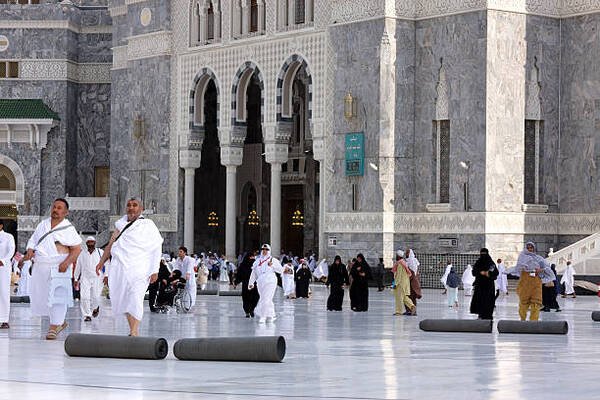UAE’s Vital Health Advisory for Returning Hajj Pilgrims
The United Arab Emirates has issued an urgent health advisory for Hajj pilgrims returning home, emphasizing the importance of hygiene, symptom monitoring, and immediate medical attention if needed. With large gatherings during Hajj increasing the risk of illness transmission, these guidelines aim to safeguard both pilgrims and the broader community.
Key Health Measures for Returnees
To minimize health risks, the UAE’s advisory outlines several essential steps for Hajj returnees:
- Monitor Symptoms Closely: Pilgrims should watch for fever, cough, fatigue, or respiratory issues and seek medical help if symptoms arise.
- Maintain Strict Hygiene: Regular handwashing, using sanitizers, and wearing masks in crowded areas are strongly recommended.
- Schedule a Post-Travel Check-Up: Even if asymptomatic, a medical evaluation ensures early detection of potential infections.
- Isolate if Necessary: Those feeling unwell should avoid contact with others until cleared by a healthcare professional.
Why These Guidelines Matter
Hajj brings millions of people together in close quarters, creating a high-risk environment for contagious diseases. The UAE’s proactive approach helps prevent outbreaks and ensures swift medical intervention if required. Authorities also urge family members and close contacts of pilgrims to stay vigilant for any signs of illness.
Community Responsibility
Public health is a shared effort. By adhering to these guidelines, returning pilgrims contribute to the UAE’s broader efforts to maintain a healthy population. The government has also set up dedicated health hotlines for pilgrims needing assistance or advice.
For the latest updates on travel health protocols, visit the UAE’s official health portals or consult your healthcare provider.
Stay informed, stay safe, and prioritize well-being after your spiritual journey.







